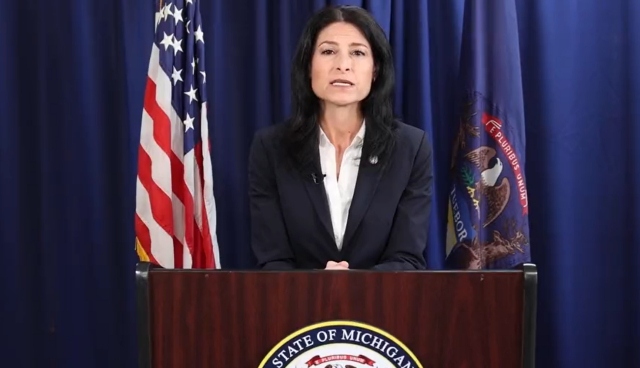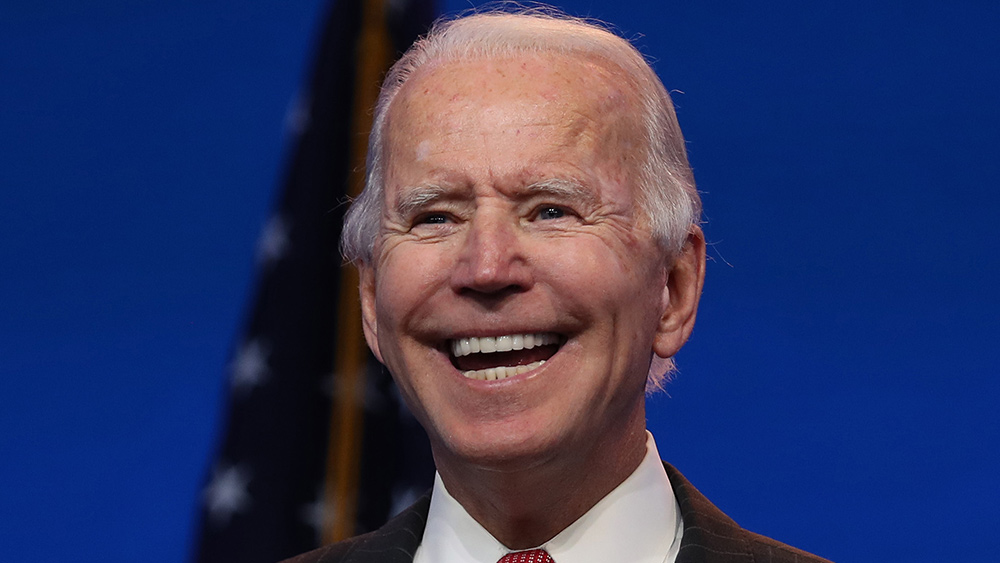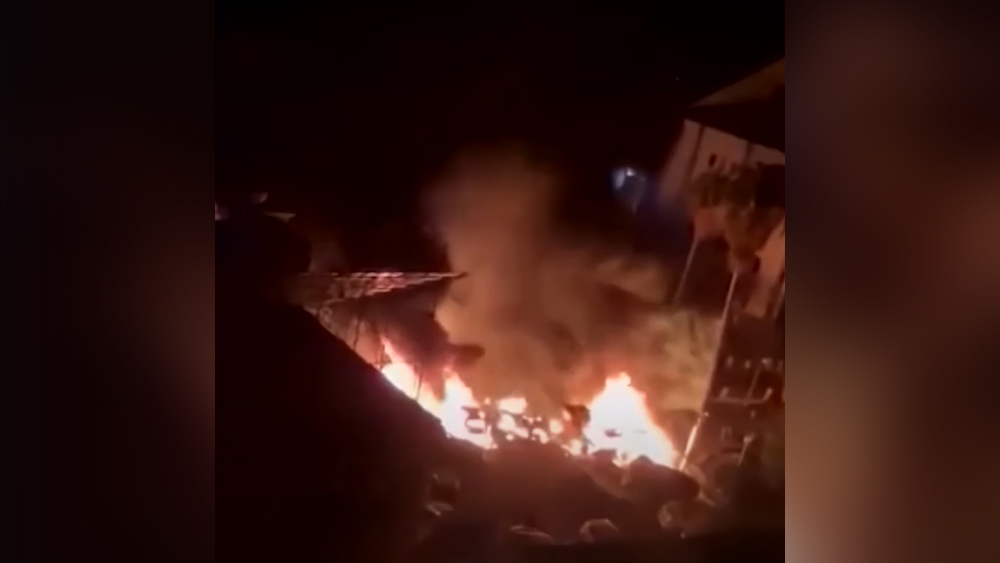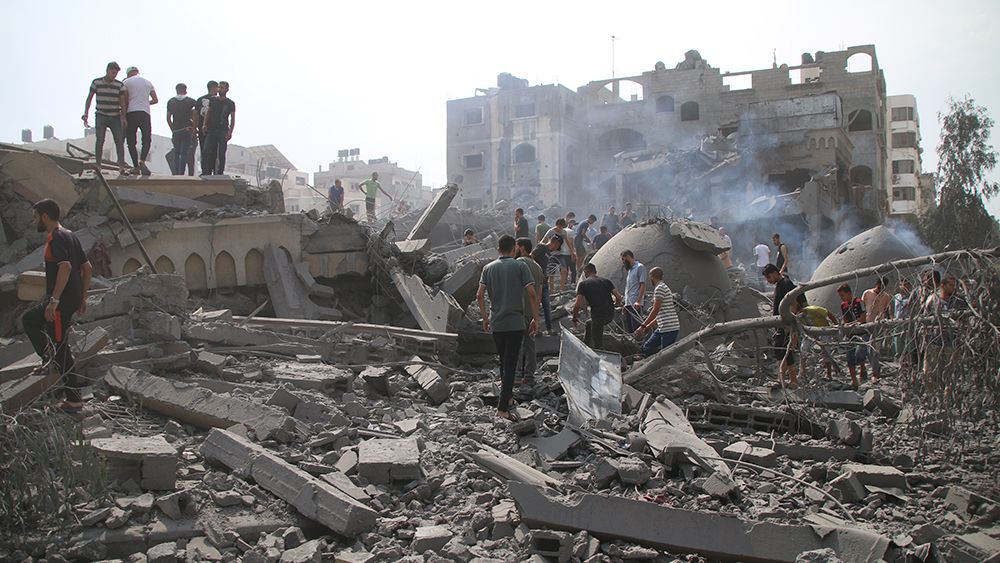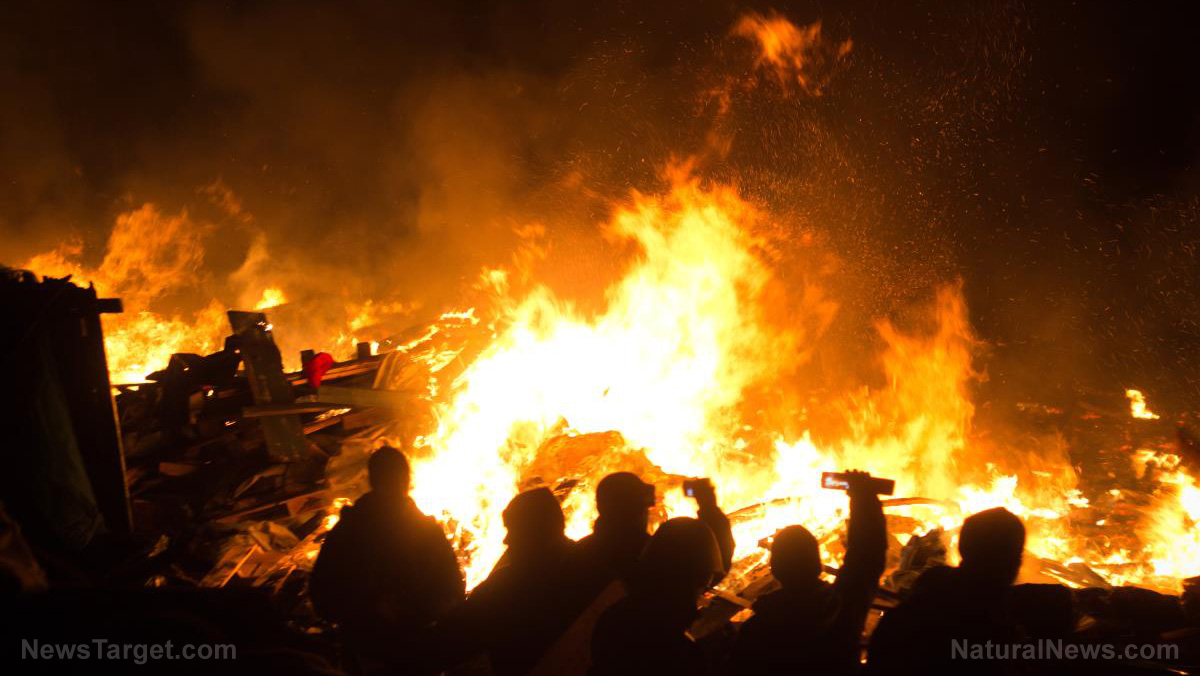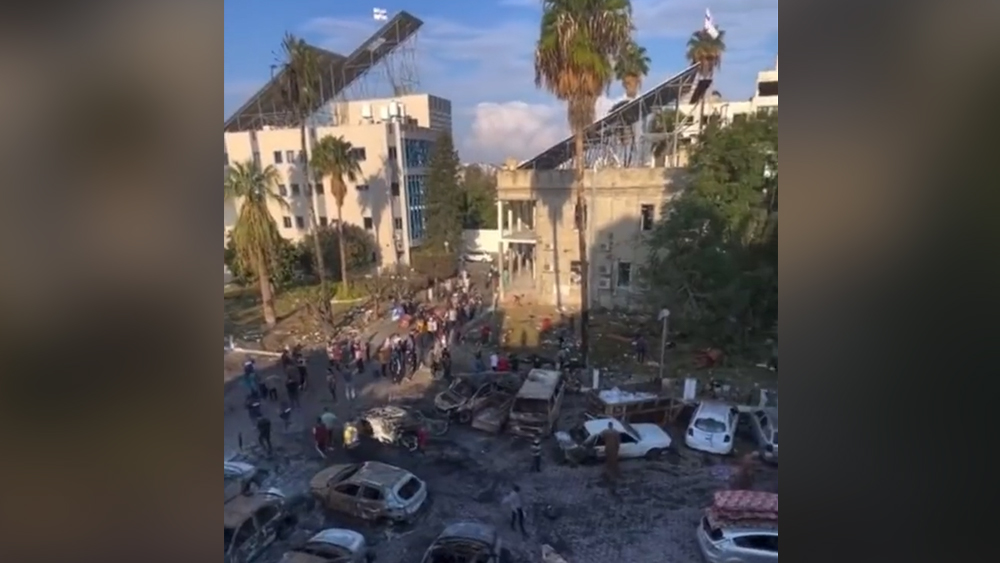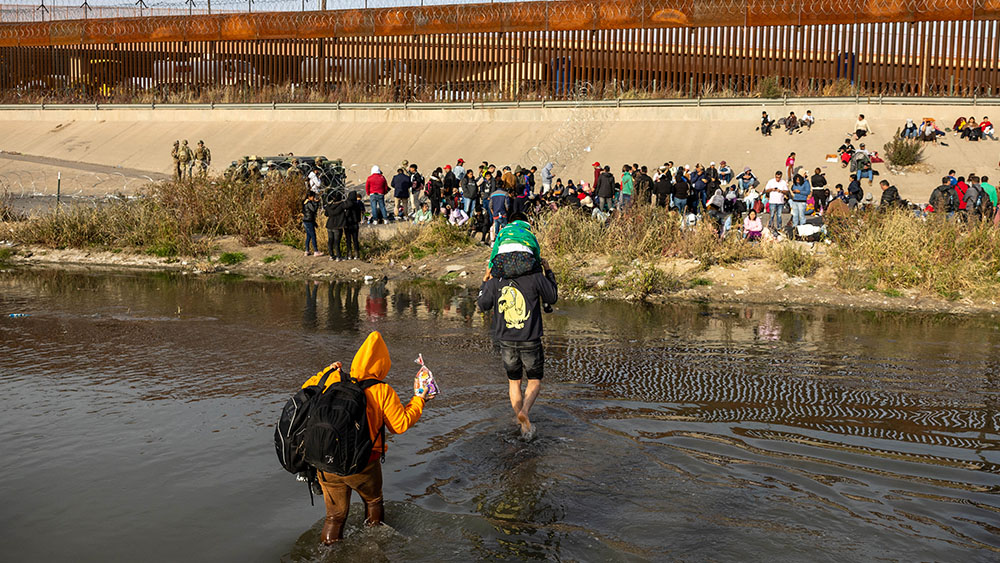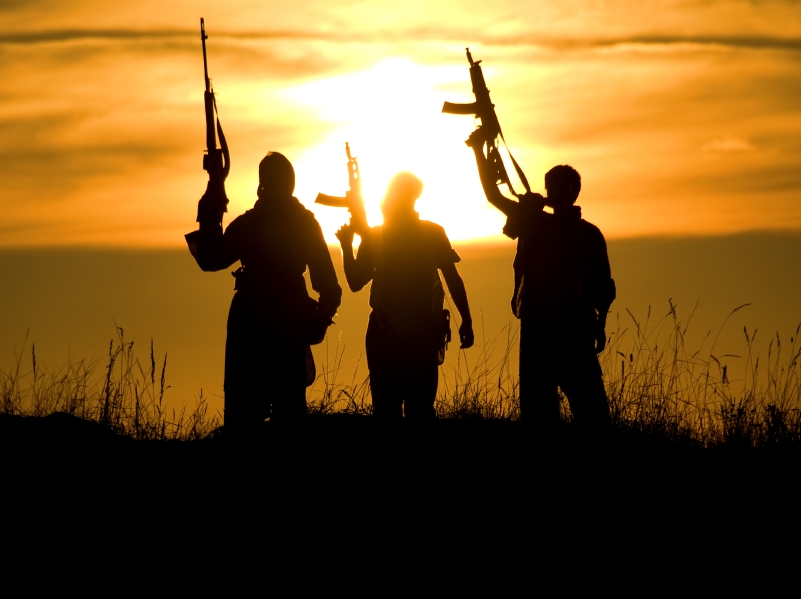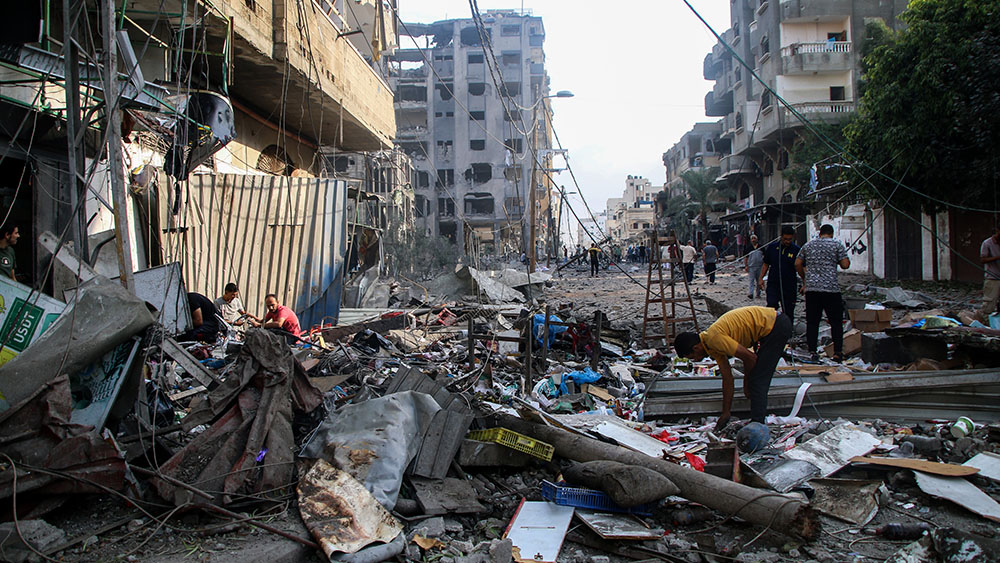MORE WAR: US Diplomats warned by State Dept. to avoid calling for ceasefire in Israel-Hamas conflict
10/20/2023 / By Cassie B.
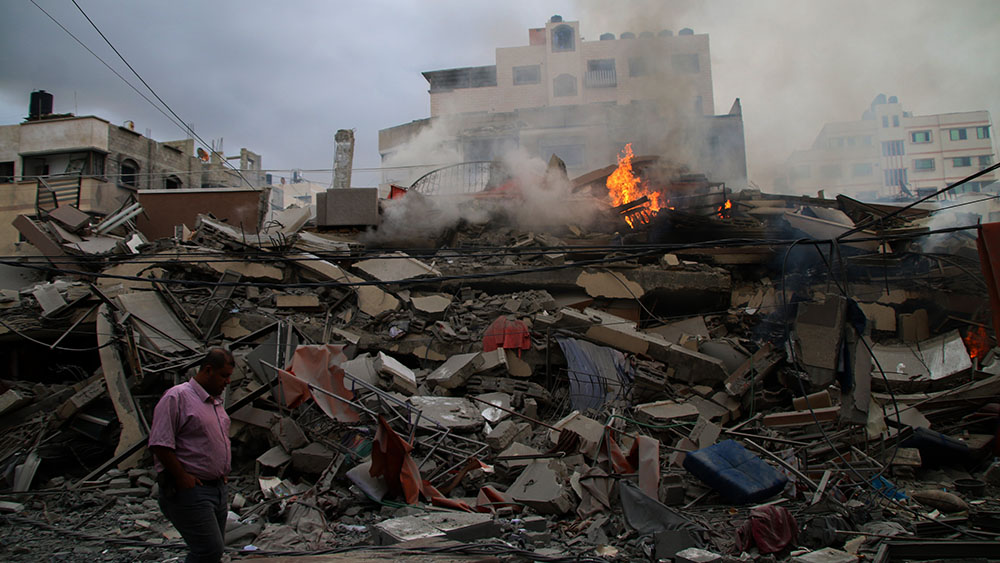
Many people around the world are praying that the violence in the Middle East will end soon, but U.S. diplomats are being warned not to publicly call for a de-escalation in Gaza, even as the death toll continues to climb.
In internal emails that were viewed by HuffPost, the State Department wrote that three phrases in particular must be avoided when diplomats make public statements about the current situation between Israel and the terrorist group Hamas: “de-escalation/ceasefire,” “restoring calm,” and “end to violence/bloodshed.”
The State Department has refused to comment on the memo, but it is becoming increasingly clear that the U.S. is actively avoiding asking Israel to use restraint, at least publicly. Calls for a ceasefire, in particular, may be viewed as the U.S. asking Israel not to defend itself, something that could cause a rift between these important allies.
These emails were sent out just hours after Israel warned those in northern Gaza to evacuate to the south ahead of a potential ground invasion despite the logistical difficulties of complying, with many Gazans lacking the resources to make such a move and having nowhere safe to go; reports have also emerged that Hamas is blocking people from leaving safely.
Even though it is painfully obvious that the order could potentially put millions of people in danger, U.S. National Security Council spokesperson John Kirby was reluctant to criticize the move, instead calling it a “tall order.”
Biden administration hesitant to criticize Israeli response
It comes as President Biden and his administration continue to take a surprisingly strong stance in favor of Israel, particularly in light of Biden’s frosty relationship with Israeli Prime Minister Benjamin Netanyahu. When Israel was attacked and thousands of people were killed, the U.S. responded almost immediately, sending Israel military equipment and munitions and pledging unwavering support. In addition, American aircraft carriers have been sent to the region in a signal to Iran and Hezbollah that anyone who attacks Israel will have to answer to the U.S.
While Biden, like many others, has supported Israel’s right to defend itself in the wake of a devastating attack by Hamas, many are qualifying their statements of support to specify that any Israeli defense must be done without civilian casualties.
Biden and officials within his administration, however, have generally not been very measured in their statements in support of Israel, and they have largely refused to criticize the Israeli government for the siege of Gaza despite the negative effects it is having on the people living there. One of the few exceptions to this staunch support came over the weekend, when Biden said on 60 Minutes that occupying Gaza would be a big mistake.
“Look, what happened in Gaza, in my view, is Hamas and the extreme elements of Hamas don’t represent all the Palestinian people. And I think that it would be a mistake for Israel to occupy Gaza again,” he said.
He added, however, that “taking out the extremists” would be a “necessary requirement.”
Some experts have suggested that the U.S. is going out of its way to avoid appearing unsupportive of Israel in light of its heavy loss of life and the fact that around 200 Israelis are believed to still be hostages of Hamas militants, and there are arguments to be made that private coercion will yield better results than public pressure.
Although it is hard to know what is being said behind closed doors, U.S. Secretary of State Antony Blinken is currently paying his second visit to Israel since the Hamas attacks more than a week ago, and he has been traveling throughout the Middle East in an effort to keep the current fighting from sparking a bigger regional conflict. One can only hope that he is making it clearer in private than he is in public that the loss of innocent lives in unacceptable.
Sources for this article include:
HuffPost.com
Submit a correction >>
Tagged Under:
absurd, biased, big government, ceasefire, chaos, conspiracy, Dangerous, diplomacy, Gaza, Hamas, humanitarian, insanity, Israel, Joe Biden, national security, State Department, terrorism, violence, White House, WWIII
This article may contain statements that reflect the opinion of the author

